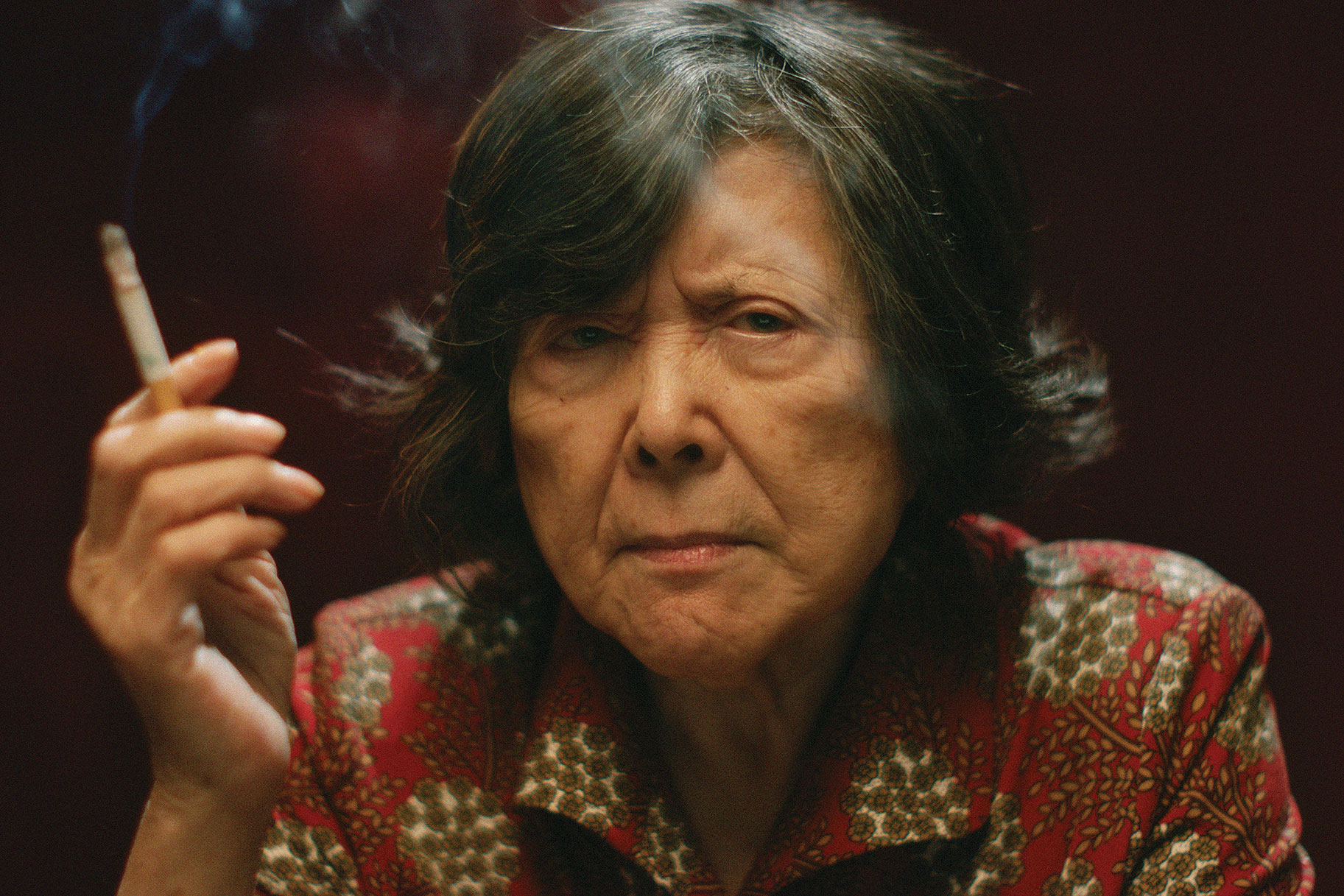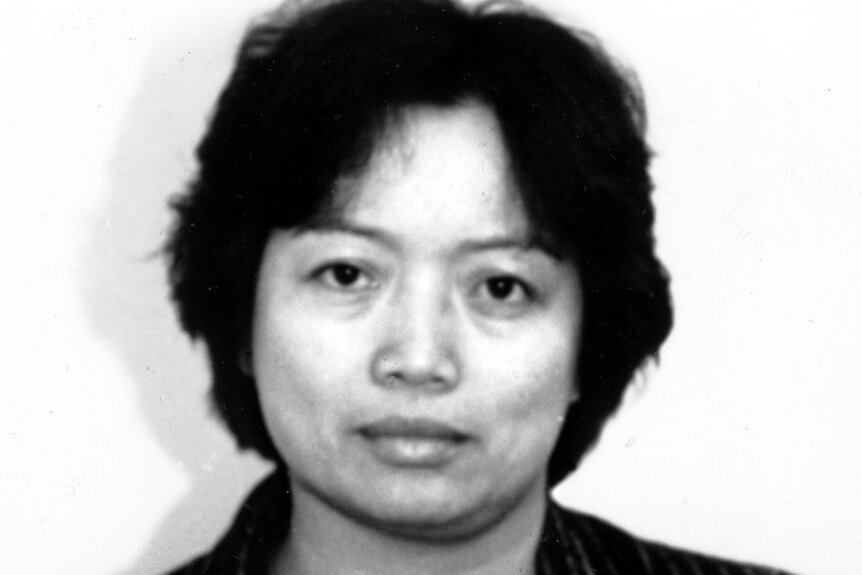Create a free profile to get unlimited access to exclusive videos, breaking news, sweepstakes, and more!
‘Lucky Grandma’ Film Inspired By Real Chinatown Gangs, Trafficking, And Snakeheads
Cheng Chui Ping, aka Sister Ping, helped inspire "Lucky Grandma," a film about a very unusual Chinatown grandmother.

A gang war occurs in New York City's Chinatown. The cause? A fiery, chain-smoking grandmother.
Sound unlikely? Well it's the premise of the film "Lucky Grandma,” which just debuted at this year’s Tribeca Film Festival. After a local fortune-teller predicts a lucky day for Grandma (played by Shanghai native Tsai Chin), she takes a trip to Atlantic City where she wins big at a casino and then loses it all.
And then — not gonna give too many spoilers here — some more luck falls in her lap, but she ends up igniting a violent and deadly war between two rival gangs. Is there a granny on Earth who hasn’t done this little oopsy?
Although the movie, which was partly financed by the festival through "AT&T Presents: Untold Stories," an inclusion initiative, may seem far-fetched and is not based on any real storyline, it does draw inspiration from actual Chinatown gangs in New York City during the 1990s, director Sasie Sealy told Oxygen.com during an interview at the 2019 Tribeca Film Festival.
“There was a period where there was a famous snakehead who was on one of the FBI’s Most Wanted lists and she was an inspiration for us because she was this woman who was at the top of the triad who was also kind of not even treated as a criminal figure in the community,” Sealy said.
In China, human smugglers are known as snakeheads, and the particular snakehead Sealy is referencing is Cheng Chui Ping, known by everyone in the Chinatown community as Sister Ping, according to a 2014 New Yorker article about her death. She died in a Texas federal prison while serving a 35-year sentence for operating an immigration-smuggling ring. She was apparently the mastermind behind bringing thousands of undocumented migrants from China over to the United States, and she was beloved in her community. Most of the migrants were Fujianese.
“She did a lot of human smuggling, Sasie said. “And she provided loans for people for helping them come to the U.S. And even though they owed her money, they still viewed her as an ally.”
Despite the fact that she was thought of as a folk hero by many Fuijuanese, she definitely had her flaws, especially in the eyes of the law. For one, she sent gangs to abduct, rape, and torture the relatives of anyone who owed her money, according to a 2014 New York Times story. And money is something Ping had quite a lot of: She reportedly sat on an empire of $40 million.
"If you look at a picture of her, she looks very unassuming like a Chinese woman from New Jersey or something,” Angela Cheng, who co-wrote and co-produced “Lucky Grandma,” told Oxygen.com.
She noted fondness for criminal figureheads sometimes happens in “sub-communities.”
“Sometimes they are in the gray area of the law but it seems most community folks think they're doing a service for their people,” Cheng said. “So that is what we were really inspired by.”
One of the characters in “Lucky Grandma” in particular, gang leader Sister Fong (played by Yan Xi), has some resemblance to Ping. And just like Ping, this woman has some violent tendencies.
Despite the film drawing inspiration from actual Chinatown gang life, both Sealy and Cheng believe that the more violent gangs of Chinatown are a thing of the past, explaining that kind of crime at this time is likely more black-market based.
Still, with "Lucky Grandma," the spirit of those times, as well as of outlaws like Sister Ping, lives on.


























